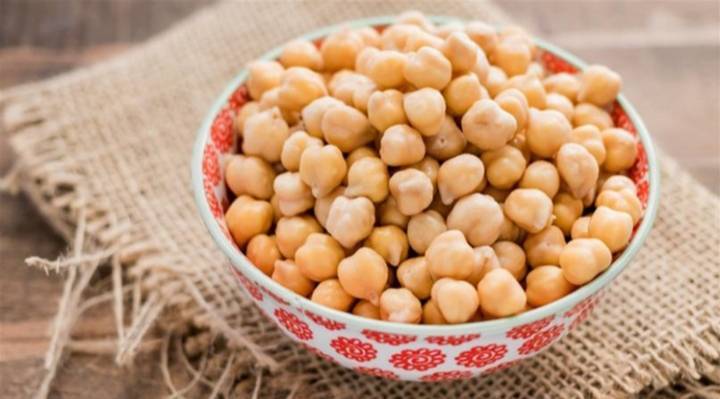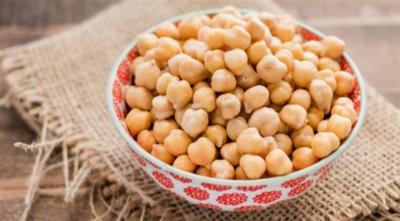Farmers are warning of a global shortage of chickpeas, threatening supplies to consumer countries, a development that could have dire consequences for countries that rely on legumes as a primary source of protein, according to The Guardian. Chickpea supplies may decline by up to 20 percent this year, according to the "GBC" association, which specializes in monitoring data from farmers, importers, exporters, and other parties, due to the impact of "harsh weather conditions and the war in Ukraine" on production.
Western sanctions on Russia following the invasion of Ukraine have halted shipments from Russia, one of the largest exporters of chickpeas, which accounts for about a quarter of the global trade, as noted by Navneet Singh Chapra, director of "Shree Sheila," a global chickpea trading company. Meanwhile, Ukraine has been unable to plant its total chickpea crop due to the war, resulting in a 50,000-ton reduction in exports to Europe. Jeff Van Bevenen, CEO of Columbia International Grains, told Reuters, "Russia exports between 200,000 and 250,000 tons at a minimum per year. When the war started last February, supplies were completely halted." He added, "When the Russian-Ukrainian war broke out, demand surged. We saw strong demand from China, as well as clients in Pakistan and Bangladesh."
The newspaper indicates that "demand exceeds supplies, as buyers from South Asia and the Mediterranean are trying to bolster dwindling stockpiles, after Turkey imposed an export ban, while yields from Mexico to Australia have declined due to weather-related issues, including floods." The price of various chickpea products in major British supermarkets has risen by up to 100 percent since January, according to data reviewed by The Guardian from the research group Assosia. In the United States, the cost of chickpeas is now 12 percent higher than it was last year and about 17 percent higher than it was before the COVID-19 pandemic, according to NielsenIQ data reviewed by Reuters.
The Russian invasion of Ukraine has disrupted the export of essential agricultural crops, including grains, making food more expensive globally, threatening to exacerbate the food crisis and increasing the risk of famines that could lead to political instability in developing countries. Together, Russia and Ukraine account for nearly one-third of the world's wheat and barley exports, over 70 percent of sunflower oil, and they are also major suppliers of corn, while Russia is the world's largest producer of fertilizers. Global food prices had already risen before the invasion, but the war worsened the situation, hindering the export of about 20 million tons of Ukrainian grains to the Middle East, North Africa, and parts of Asia.




